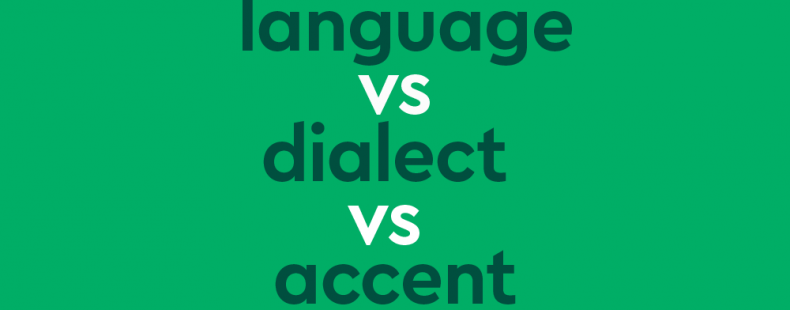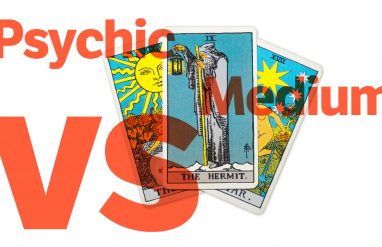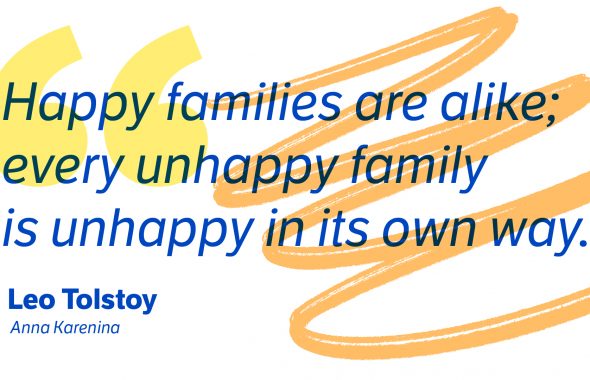⚡ Quick summary
A language is a set of words and all of the systems about usage of those words that a group of people uses to communicate with each other. A dialect is a specific variety of a language spoken or signed by a group of people that may have different vocabulary, grammar, and pronunciation from the main form of the language. An accent is a distinct way of speaking or signing a specific language or dialect that is shared amongst a specific group of people, usually distinguished by geographic area or social class.
When we communicate with others using words, we’re using language. We’re also using a dialect and an accent, whether we’re aware of it or not. But what do all of these words mean? How are languages, dialects, and accents different from each other?
In this article, we will talk about the differences between languages, dialects, and accents while providing examples of each.
dialect vs. language
The word language describes a body of words and the systems we apply to those words, such as grammar and spelling, in order to communicate with each other. A language includes the spoken, written, and signed forms of the words and systems. Some examples of languages include English, Spanish, Arabic, Japanese, and Hindi.
The word dialect describes a particular variety of a language. A dialect often follows most of the rules of its respective language, but it may have different vocabulary, grammar, or pronunciations. Most dialects are recognized by their usage in a specific geographic area, but dialects may be determined by other criteria such as social class. Some examples of dialects include Australian English, Chilean Spanish, Egyptian Arabic, and Jamaican Patois.
The word language is more general, while the word dialect is used to refer specifically to a particular variant of one language. Additionally, a language includes the written form of communication, while the word dialect is often used specifically to refer only to a spoken variety of a language. The many dialects of English, for example, all use the same Latin alphabet but will often sound very different from each other when spoken aloud.
dialect vs. accent
While a dialect can include differences in pronunciations from the language it comes from, it also includes differences in vocabulary and grammar.
The word accent, however, describes just a distinct way of pronouncing a language. It does not include differences in vocabulary and grammar. Like dialects, accents are often distinguished based on geographical area, social class, or other common features among speakers.
Often, an accent is described as being a subset of a dialect in the same way that a dialect is a subset of a language.
Examples of dialects and accents
Let’s look at examples of both dialects and accents to help explain the difference. In the United States, English is the most commonly spoken language, and the specific version of English that Americans speak is referred to as American English. American English is considered a dialect of the English language because Americans often use vocabulary, grammar, and pronunciation that are different from those of English speakers from other places, such as Canada, Britain, or Australia.
American English is often further divided into different American dialects, usually based on location but not always. Examples of specific American dialects include Cajun English, African American English, and Southern American English.
In the United States, people also pronounce English words in a large variety of ways. That is, they have different accents, often depending on where they live in the US. Some well-known examples of American accents include the New York accent common in and around New York City, the Boston accent spoken in the New England area and originating from the city of Boston, and the Southern accent found across the southern part of the country.
Let’s look at some examples of both dialects and accents.
Examples of dialects:
- Canadian French
- Connacht Irish
- Wuhan (Chinese)
- Gyeongsang (Korean)
Examples of British accents:
- Cockney
- Yorkshire
- Scouse
- Estuary English














